Cities, transportation & critical infrastructure
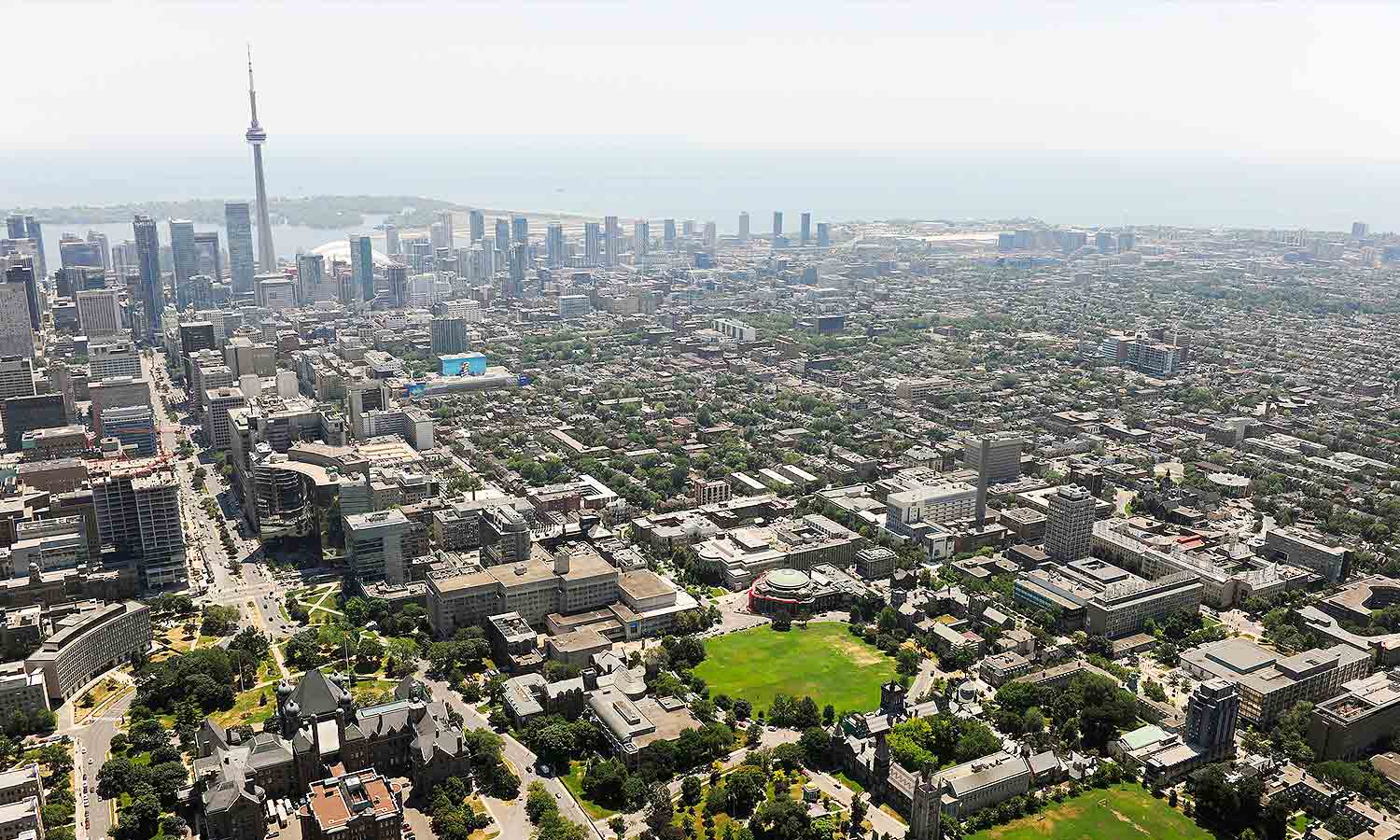
Building more liveable cities and supporting sustainable economies.
Cities are the economic engines of the world. With more than 50 per cent of us living in cities — and more of us heading to them every year — we can’t afford to let those engines stall. Our collective well-being depends on it.
Yet the challenges are immense, including increasing density, climate change and rising demands on limited natural resources. A well-run city needs efficient transportation networks, sustainable infrastructure and systems for reducing wastes such as greenhouse gas emissions.
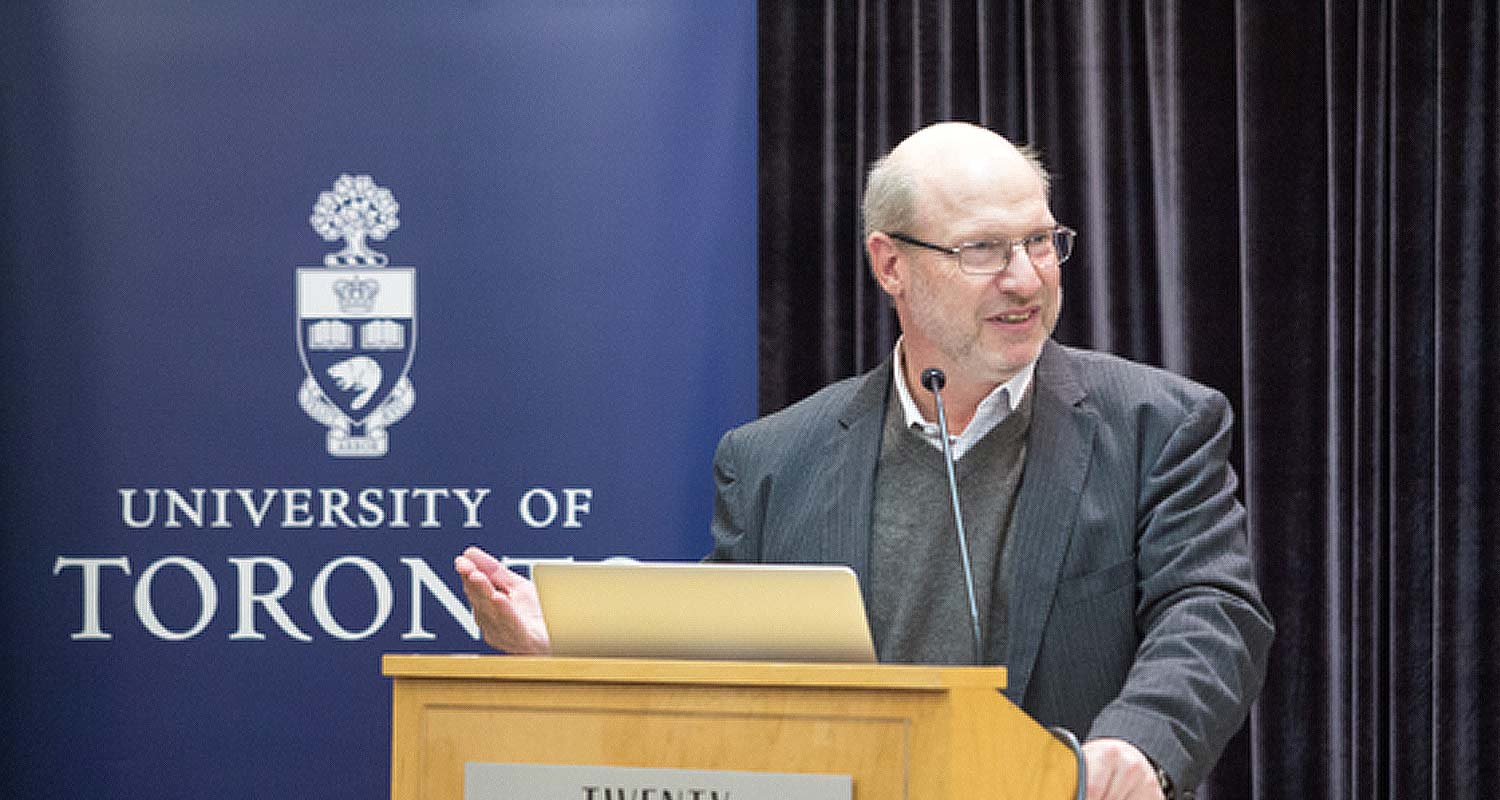 >
>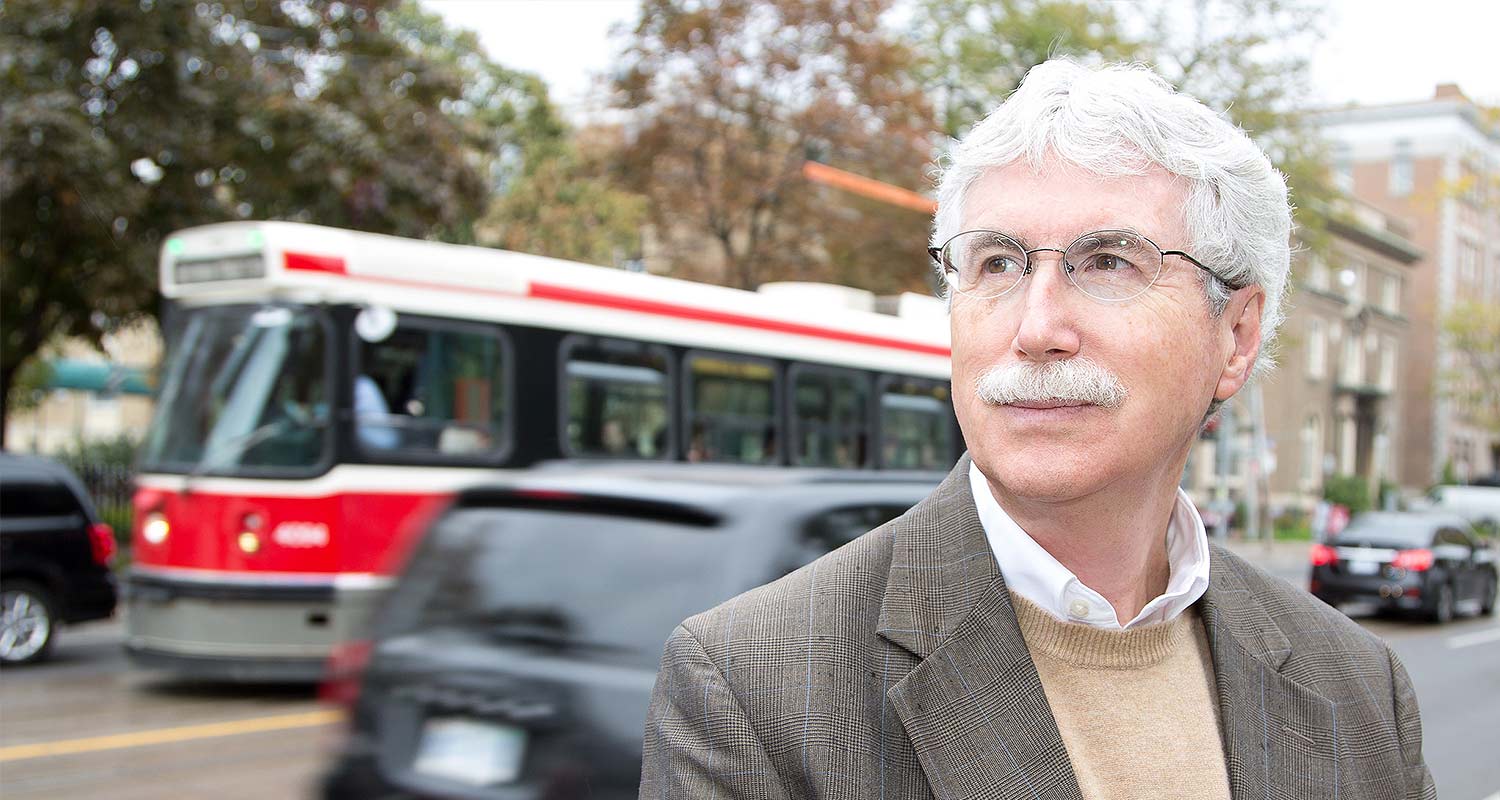 >
>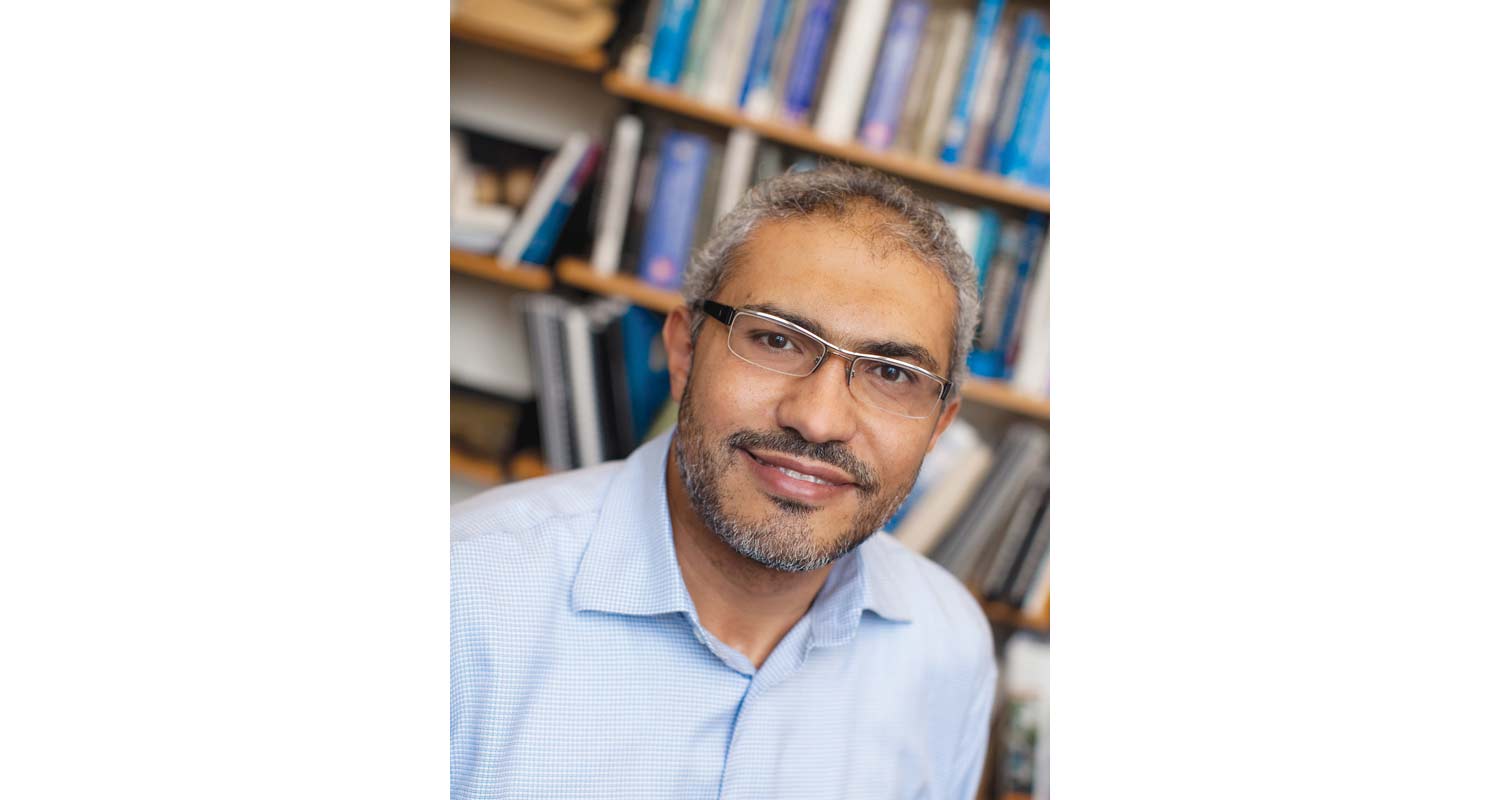 >
>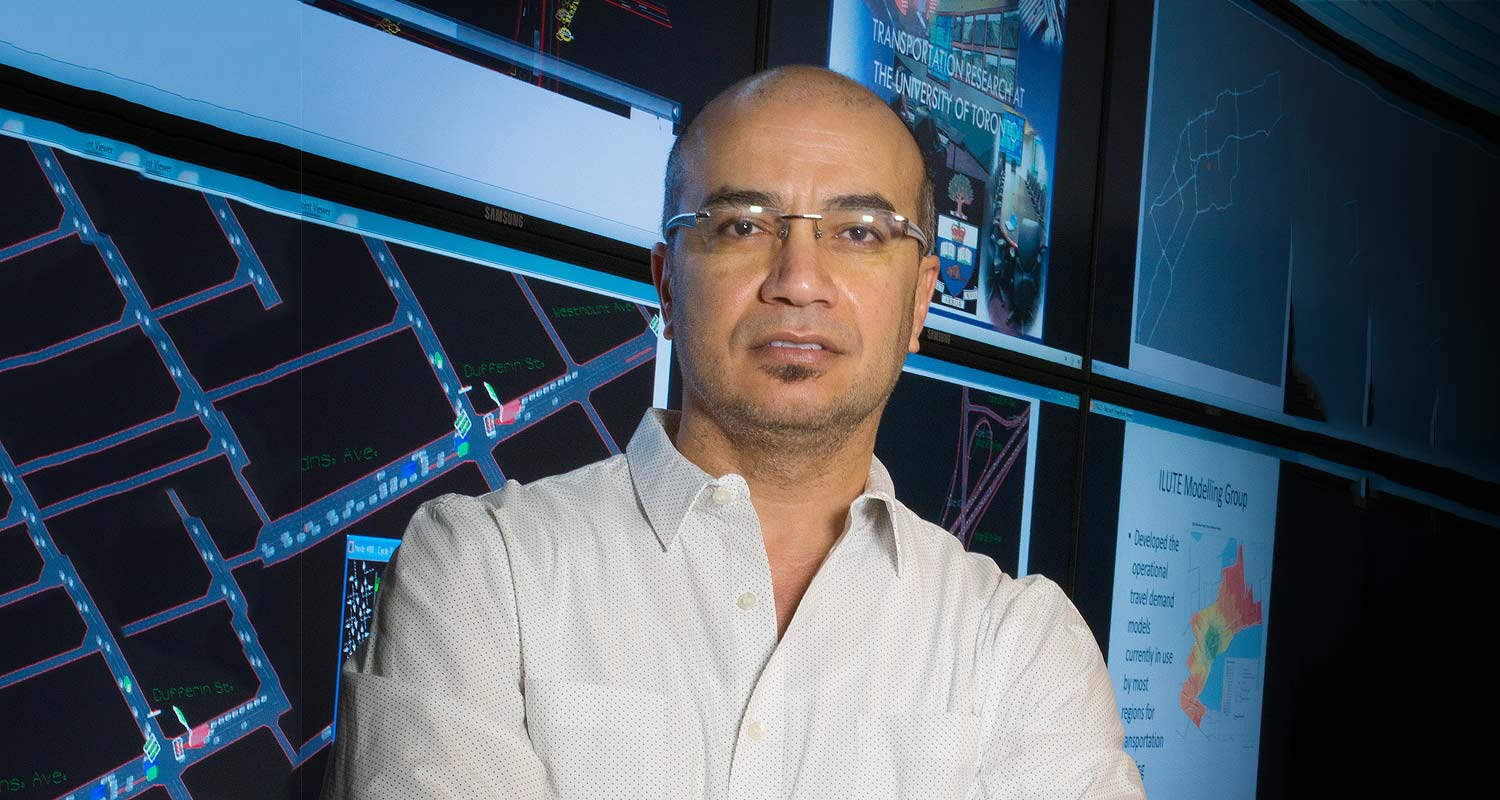 >
> >
>
Enter University of Toronto engineers. At the U of T Transportation Research Institute (UTTRI), researchers are designing efficient, cost-effective, equitable, sustainable and resilient transportation systems essential to productivity and quality of life.
At the Centre for Resilience of Critical Infrastructure (CRCI), engineers are creating infrastructure to withstand the unexpected, including natural disasters like earthquakes.
U of T Engineering researchers are also working alongside top institutions such as Carnegie Mellon, ITT Bombay, University of Warwick and New York University (NYU) on a global initiative dedicated to cities engineering. The collaboration, based at NYU, is called the Center for Urban Science and Progress (CUSP).
A complementary initiative, U of T’s Master of Engineering in Cities Engineering and Management is training tomorrow’s problem-solving engineers. Students graduate with a comprehensive understanding of the interaction between a city’s systems and services, and its ability to generate prosperity.
